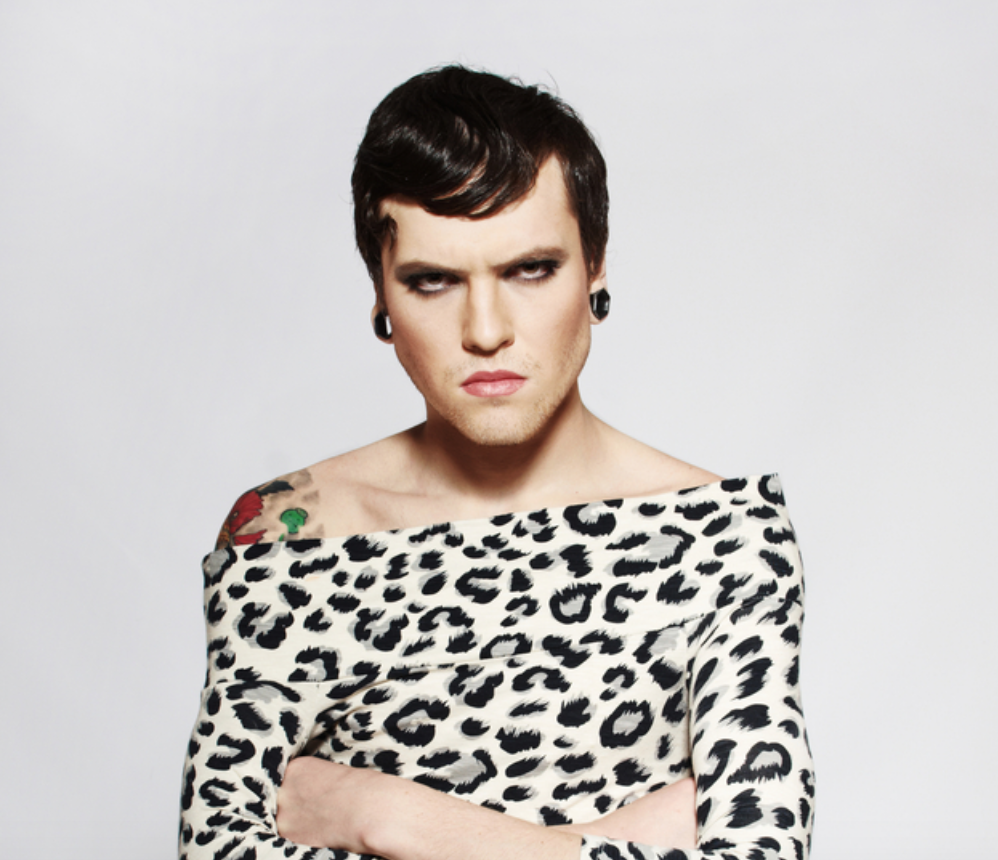Both men and women are talking more about the feminine
On International Men’s Day we noticed an interesting new course designed by former marine and founder of Serenity in Leadership, Thom Dennis, called Mastering the Feminine. It’s not the first time we’ve heard of men owning and even teaching feminine qualities, something they describe as appearing in men as well as – not necessarily as much as - women.
While it’s not clear without participating on the course, how he sees these qualities, here’s a very bold description from another man, Michael Haupt – initiator of The 2030 Project– on the difference between masculine and feminine qualities.
In a recent series of workshops I ran at Concordia University, entitled The Age of Feminine Intelligence (more on that in a later blog), I tested these distinctions on the women of the Fine Arts Faculty: there was an average of 40% concurring. But all agreed, it was an interesting attempt from a man to step aside a little and make room for alternative cultures.
Amongst women in public life, there seems to be more of a reluctance to talk about the Feminine per se, as if that’s a way to limit their contribution to society or business. Equality tends to take on a more neutral tone. The lack of women in positions of power is explained as unfair, rather than as lacking balance between masculine and feminine inputs
At a recent European level conference in Vienna – Growth in Transition – I participated in a workshop entitled The Role of Women in Transition. Here were the framing questions:
“In public perception, decision makers are mainly men. But is it really mainly men who initiate change processes, drive them forward and lead them to success? Is there a difference between men and women in the approach, in the willingness to change? Are there success factors or obstacles that are more likely to affect men or women? Do men and women have different roles in change processes?”
We heard fascinating stories from Christine LINS, Co-Founder, Global Women’s Network for Energy Transition (GWNET), Melanie METTLER, CEO, Sunraising Bern; and Co-President, SIBA - Social Innovation Accelerator Bern, Marianne GUGLER, Co-Founder, Employment Cooperative Otelo eGen, Florian STURM, Employment Cooperative Otelo eGen , Evelina LUNDQVIST,Founder, The Good Tribe, Anneke ENGEL, Board Member, Austrian Small Farmers Assocation (ÖBV) – none of whom spoke specifically about the feminine.
Nevertheless, in a feedback session tasked with looking at the gender aspects of the stories, there were many mentions of female and feminine insights and behaviour. Anneke Engel for example, talked about how she always had a passion for farming, but thought the only way into the vocation was through marrying a farmer. When she eventually set up her own farm in Romania, she ran it as a Community Supported Agriculture project(CSA) whereby the farm works in direct partnership with the community it serves. She also described how she never was ambitious for growth, but concentrated more on building relational networks around the farm, inviting people in to have talks and workshops.
Christine Lins and Melanie Netler meantime, talked enthusiastically about the importance of intuition and the recognition of serendipity – being in the moment – when thinking about planning and strategy. It was as if they didn’t want to overly define the feminine in their behaviour, but still wanted to be distinct from the old ways of doing business by the men.
Exploration of the feminine and masculine ways of defining culture or shaping outcomes seems to be a growing frontier in both business and politics (see the feminisation of politics) – though to do so is still controversial, divisive even.
We leave you with the BBC’s latest list of the BBC’s 100 Top Women, announced today. While it does not mention the F word, the selection seems to be influenced more than usual for mainstream news, by traditional feminine roles. What do you think?


